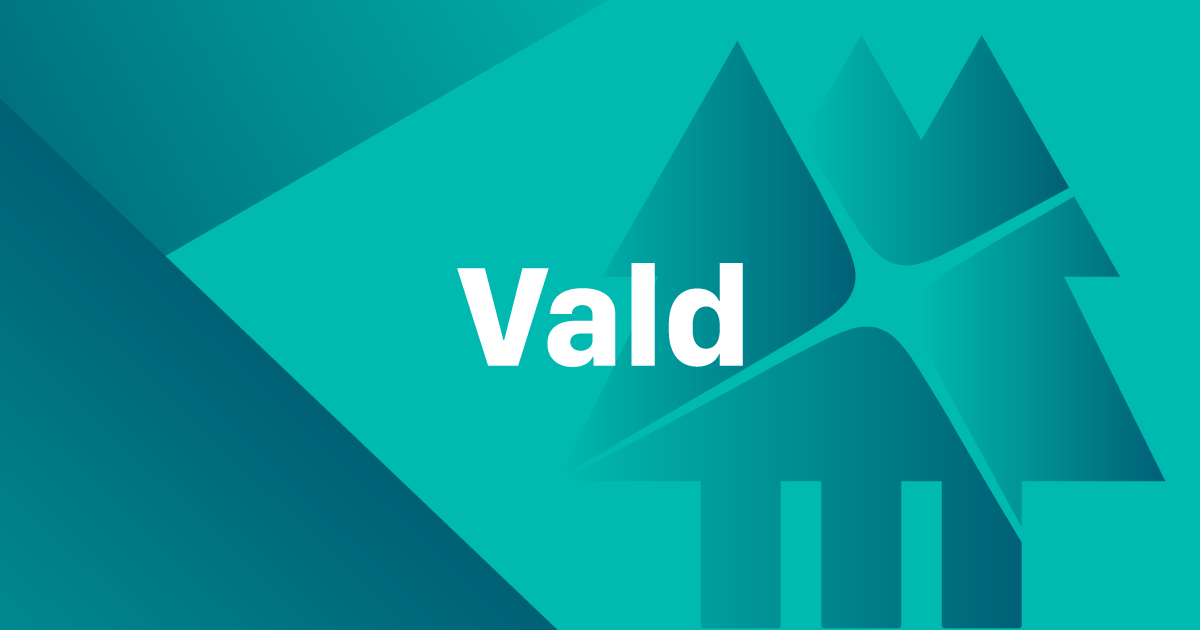This application shows how to use the Node.js DataStax Driver to connect to an on-prem Cassandra database or a Astra database in the cloud at runtime using environment variables.
Contributor(s): Dave Bechberger
Objectives
- Shows the differences between a Cassandra connection configuration and an Astra connection configuration in a single app.
- Provide a demonstration of how to configure the database connection at runtime.
- See the documentation for more details about the Astra connection configuration for the Node.js Driver
Project Layout
- app.js - The main application file which contains all the logic to switch between the configurations
How this Sample Works
This sample uses environment variables to specify the configuration parameters and whether to use a Cassandra configuration or an Astra configuration. All the logic to switch between the configurations occurs in the getClientConfiguration function.
- If you specify the
USEASTRAenvironment variable:- The environment variables are checked to see that
DBUSERNAME,DBPASSWORD,SECURECONNECTBUNDLEPATH, andKEYSPACEexist- If they exist then the Apollo connection is created
- If they do not exist then an error is thrown
- The environment variables are checked to see that
- If you so not specify the
USEASTRAenvironment variable:- The environment variables are checked to see that
CONTACTPOINTSandDATACENTERexist- If they exist then the standard connection is created
- If they do not exist then an error is thrown
- If
DBUSERNAMEandDBPASSWORDexist then credentials are added to the configuration - If
KEYSPACEexists then it is added to the configuration
- The environment variables are checked to see that
While these criteria added to the configuration are commonly used configuration parameters you are able to specify any additional ones in the code.
Setup and Running
Prerequisites
- Node 4 and above
- A Cassandra cluster or an Astra database to connect to with the appropriate connection information
Additionally while this example uses environment variables to control which configuration is selected this could also be done via the use of configuration files or command line parameters.
For clarity this sample does not contain any of the normal error handling process you would want to wrap around connecting to a cluster to handle likely errors that would occur.
Running
To connect to an Apollo database you first need to download the secure connect bundle following the instructions found here.
Once you have this information you can run this to connect to Apollo by using the command below, with the appropriate configuration added:
USEASTRA=true DBUSERNAME=XXX DBPASSWORD=XXX KEYSPACE=XXX SECURECONNECTBUNDLEPATH="/valid/path/to/secureconnectbundle.zip" node app.js
If you would like to connect to a Cassandra cluster use the command below, with the appropriate configuration added:
CONTACTPOINTS=XX.XX.XX.XX DATACENTER=XXXX node app.js
Once you run this against either option you will get output that specifies the number of hosts and their IP addresses printed to the console:
Connected to cluster with 3 host(s) ["XX.XX.XX.136:9042","XX.XX.XX.137:9042","XX.XX.XX.138:9042"]



